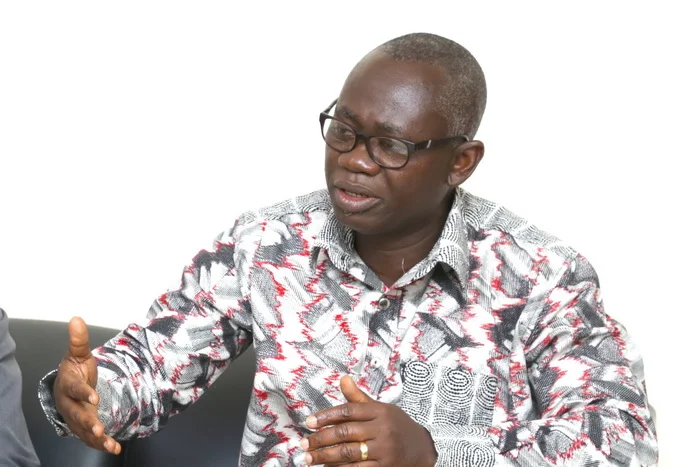
Former Director-General of the Ghana Education Service (GES), Prof. Kwasi Opoku Amankwa, has categorically stated that the nationwide implementation of mother-tongue instruction in schools is not feasible under current conditions.
He described the directive from the Ministry of Education as admirable but fraught with practical challenges.
His comments follow an announcement by the Minister of Education, Haruna Iddrisu, instructing the GES to fully implement the use of local languages as a medium of instruction across all schools in the country.
The Minister said the initiative aims to enhance understanding and improve learning outcomes, especially at the basic level.
According to the Minister, children are more likely to grasp concepts and engage meaningfully with content when taught in a language they are familiar with.
The new directive, he explained, is part of broader reforms to ensure inclusive and culturally responsive education across Ghana.
However, speaking on Otec FM’s Nyansapo morning show on Tuesday, October 28, 2025, hosted by Kwaku Owusu Boateng Prof. Opoku Amankwa raised critical concerns about the policy’s implementation.
He questioned which of the 83 Ghanaian languages would be used, noting that only nine are currently approved for use in basic education.
He also pointed out that the concept of “mother tongue” is complex in the Ghanaian context.
“A child born to Akan parents in the Volta Region may grow up speaking Ewe, not Twi. So, which language would be considered the mother tongue in that case?” he queried.
Prof. Opoku Amankwa emphasized that beyond the language selection issue, the country lacks adequate teaching and learning materials in indigenous languages.
He argued that without documented resources and trained teachers proficient in these languages, the policy would struggle to succeed.
He urged the Ministry to conduct broader consultations and consider the realities on the ground before rolling out the policy nationwide.
“We need a more nuanced approach that accounts for linguistic diversity, resource constraints, and teacher preparedness,” he concluded.
Source: Ghana/otecfmghana.com/Francis Appiah




